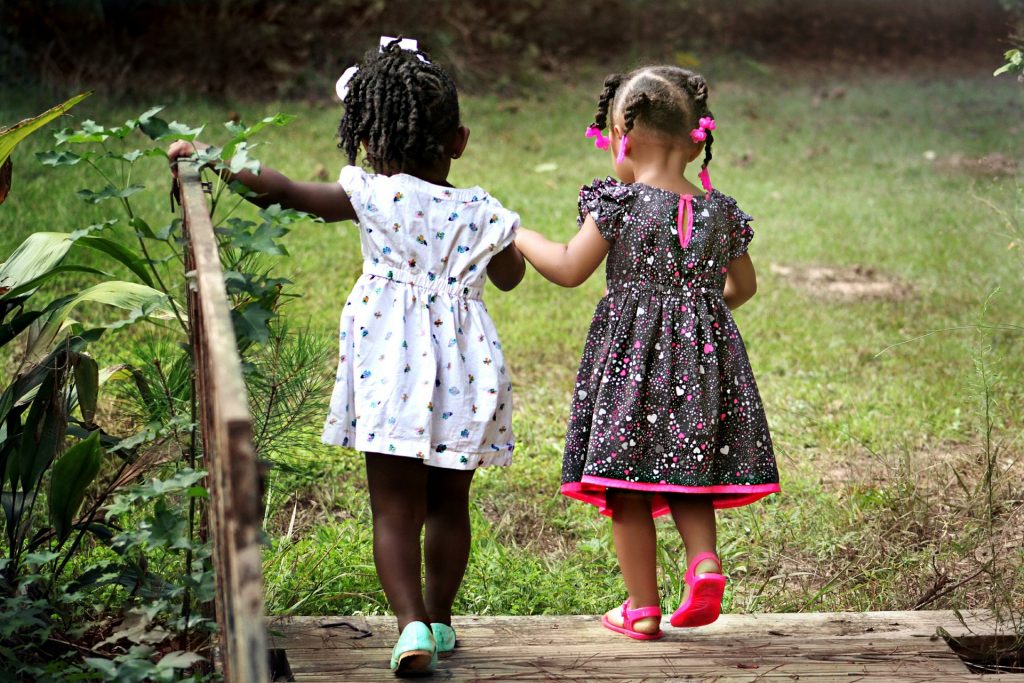Strength, Coping, And How To Bounce Back

Resilience is defined as “an ability to recover from or adjust easily to misfortune or change.”[1] For adults and children alike, resilience is an important factor in coping with stress, change, and other negative influences and events. Resilient people are able to identify, address, and recover from problems and challenges.
What Determines Resilience?
Resilience is determined by three categories, each of which can be considered a protective factor or a risk factor.
- Environmental: the safety and quality of services available where you live
- Familial: how supportive and loving your family is
- Within: your personality, temperament, and skills[2]
How Do I Build Resilience?
Identifying these factors and strengths is a crucial part of understanding and building your own resilience. The Devereux Center for Resilient Children has provided a 23-question checklist for self-reflection to determine how resilient you are, and which areas of resilience you can strengthen in order to better deal with stress and challenges. These areas are:
- Relationships: the mutual bond you have with other individuals or groups in your life
- Internal beliefs: your own thoughts and feelings about yourself and your life
- Initiative: your ability to make positive choices and act upon them
- Self-control: your ability to experience and express emotions and thoughts in a meaningful and appropriate manner[3]
Reflecting on your strengths and areas you believe you could improve is important for building your own resilience and nurturing your own well-being, no matter how resilient you are at the beginning. The Devereux Center provides excellent resources for improving your protective factors and reducing risk factors to help you on your journey to strength and resilience.
Resources
[1] “Resilience.” Merriam-Webster, Merriam-Webster, www.merriam-webster.com/dictionary/resilience.
[2] “About Resilience.” Devereux Center for Resilient Children, centerforresilientchildren.org/home/about-resilience/.
[3] “Devereux Adult Resilience Survey (DARS).” Devereux Center for Resilient Children, 2013.

